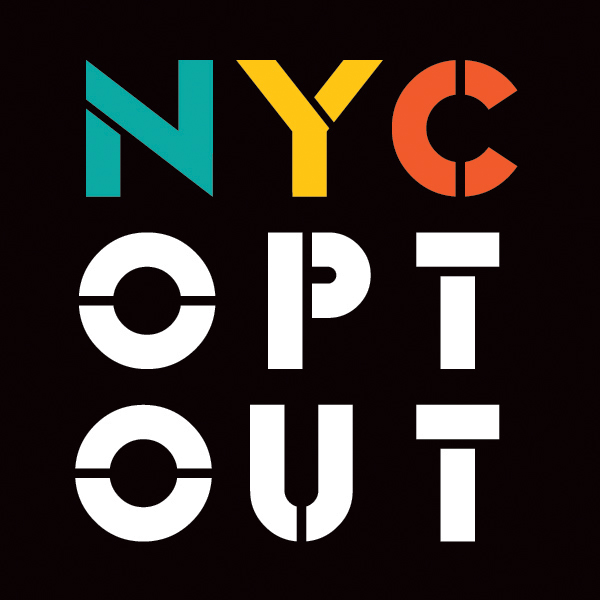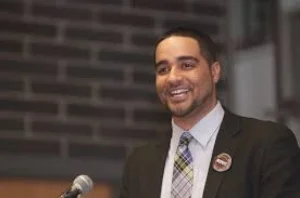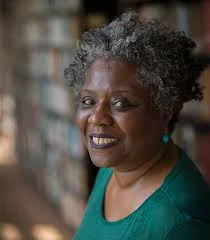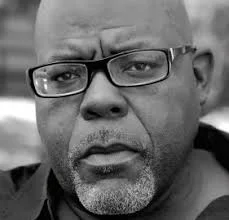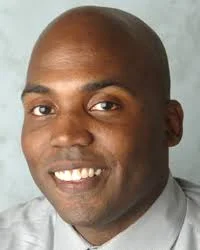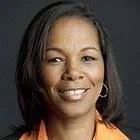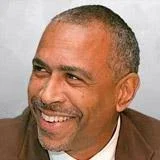A Deeper Dive: Testing, Race, & Class
Scholars, educators, activists, parents, and students themselves have a lot to say about how high-stakes testing impacts students of color as well as students who are economically disadvantaged. To see full articles, click on their titles.
For more information see: Race Class & Opt Out and Urban Opt Out Statistics in NY State and our videos of the event: A Standardized Test Is A Poor Substitute For Justice
Black Perspectives, October 20, 2016, by Ibram X. Kendi
Why the Academic Achievement Gap is a Racist Idea
“Standardized tests have become the most effective racist weapon ever devised to objectively degrade Black minds and legally exclude their bodies”
Ibram X. Kendi is the associate editor of Black Perspectives. His second book, Stamped from the Beginning: The Definitive History of Racist Ideas in America (Nation, 2016), won the 2016 National Book Award for Nonfiction. Kendi is currently a Professor of History and International Relations and the Founding Director of the Anti-Racist Research and Policy Center at American University. Follow him on Twitter @DrIbram.
The Progressive, March 2016, by Jesse Hagopian
Six Reasons Why the Opt Out Movement is Good for Students and Parents of Color
"Schools that serve more black and brown students have become test-prep factories rather than incubators of creativity and critical thinking. The corporate education reformers behind high stakes testing, like Bill Gates, Eli Broad, and the Walton family want their own kids to have the time and support to explore the arts, music, drama, athletics, debate and engage in a rich curriculum of problem solving and critical thinking. Rote memorization for the next standardized tests is good enough for the rest of us."
Jesse Hagopian is the Progressive Education Seattle Fellow. Jesse teaches history and is the co-adviser to the Black Student Union at Garfield High School–the site of the historic boycott of the MAP test in 2013.
Noliwe Rooks, 2017
Cutting School: Privatization, Segregation, and the End of Public Education
“In the twenty-first century, standardized tests are a key feature of how wealthy educational investors and school reformers ensure that highly racially and economically segregated apartheid school districts remain lucrative.”
Noliwe Rooks is the director of American studies at Cornell University and was for ten years the associate director of African American studies at Princeton University. She is the author of White Money/Black Power and Hair Raising. She lives in Ithaca, New York.
Washington Post: Answer Sheet, July 8, 2015, by Valerie Strauss
Open Letter to Senate Majority Leader Mitch McConnell and Democratic Minority Leader Harry Reid
"We respectfully disagree that the proliferation of high stakes assessments and top-down interventions are needed in order to improve our schools. We live in the communities where these schools exist. What, from our vantage point, happens because of these tests is not improvement. It’s destruction."
Sent by Journey for Justice Alliance (a coalition of nearly 40 organizations of parents and students of color in 23 states) along with 175 other national and local civil rights, youth and community organizations.
Jitu Brown is the national director for the Journey for Justice Alliance (J4J). Born on Chicago’s south side and a product of Chicago’s public school system, Jitu has organized in the Kenwood Oakland neighborhood for over 17 years, bringing community voices to the table on school issues.
Huffington Post, The Blog, 02/10/2015 by Yohuru Williams
By Any Dreams Necessary, Malcolm X and the Problem of High Stakes Testing
“...testing will continue to feed, not eradicate the real great civil rights issue of our time; the growing school to prison pipeline, which like a malignant cancer, continues to eat away at the fabric of many inner cities by robbing students of their future. In the same way that segregation laws limited opportunity under Jim Crow, high stakes testing has become one of the primary instruments of exclusion in support of what legal scholar Michelle Alexander has termed the New Jim Crow.”
Yohuru Williams is an Historian, professor, an education activist. He is the author of Teaching US History Beyond the Textbook (2008) and Black Politics/White Power: Civil Rights, Black Power and Black Panthers in New Haven (2008).
Education Week, June 9, 2015, by Judith Browne Dianis, John H. Jackson, & Pedro Noguera
Test-Taking 'Compliance' Does Not Ensure Equity
"Despite NCLB's stated goal of closing the achievement gap, wide disparities in academic outcomes persist. While the law took us a step forward by requiring schools to disaggregate achievement data and produce evidence that students were learning, it took us several steps backward when that evidence was reduced to how well a student performs on a standardized test."
Judith Browne Dianis (left) is the co-director of the Advancement Project, in Washington D.C.; John H. Jackson (center) is the president and CEO of the Boston-based Schott Foundation for Public Education; Pedro Noguera (right) is the Peter L. Agnew professor of education at New York University.
Mother Jones, September/October 2015, by Kristina Rizga
“Sorry, I’m Not Taking This Test”
Excellent, in-depth look at how high-stakes testing is affecting children across the U.S., particularly those from low-income families and communities of color.
The Atlantic, July 14, 2014 by Meredith Broussard
Why Poor Schools Can’t Win at Standardized Testing
"The companies that create the most important state and national exams also publish textbooks that contain many of the answers. Unfortunately, low-income school districts can’t afford to buy them."
